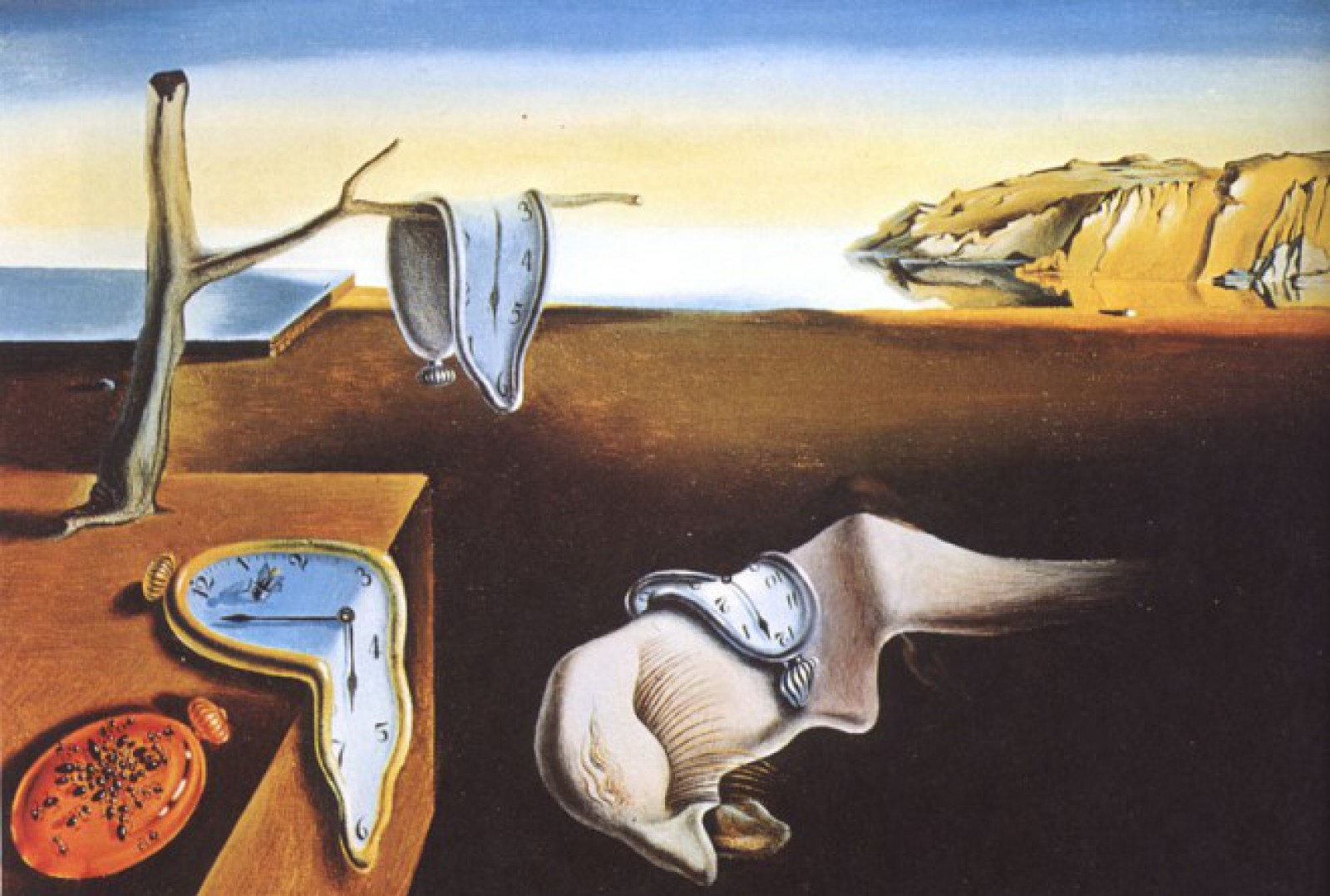Plato’s theory states that art has irrational corrupting power, and should therefore be censored. This discussion of censorship continues today, such as the moral debate around Bill Henson’s photography.
Art or Pornography? Henson’s provocative photography of prepubescent subjects is the topic of contemporary controversial discussion. Following this controversy, the child pornography law that defends artistic purpose was removed. There are two major positions taken in the discourse around Henson’s work. One side still admires Henson’s work purely as art, his use of controversy allows Henson to explore and express new forms of art and ideas. The second extreme position strongly believes Henson’s work is purely pornographical, it is a corrupting and illegal practice that should be completely censored.
In Plato’s theory, Bill Henson’s photographs would stand as a great example of how morally corrupting art can be, and how it should be censored from an ideal state. Yet do we not, as viewers, have the ability to critically analyse artworks and meanings? Can not most people look at these artworks as art, and still understand that child pornography is wrong? Passive audiences are prone to moral corruption, but modern audiences are certainly not completely passive.



